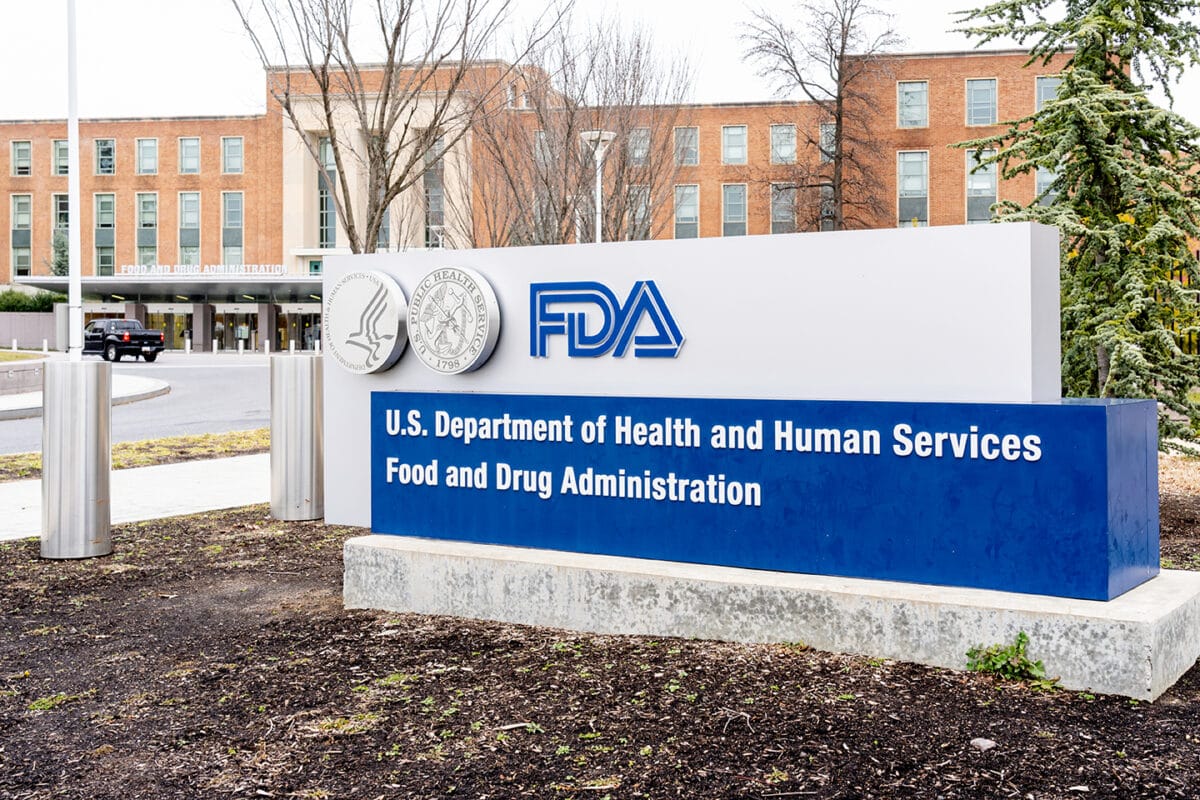We’ve often admonished people working in specialty pharmacy to be in the forefront of new developments. That’s easier said than done especially since the low hanging fruit in SP innovation has already been implemented.
The article below details something that is innovative under the SP umbrella, the concept of inserting Genetic Counseling into the SP model. The number of newly approved gene-based therapies is on the rise so the demand for counseling makes perfect sense. Why not insert it at the point of care where patients have the most interaction with pharmacists, at the point of dispensing.
This raises a serious question for specialty pharmacists…..
They already have to step up their game to master the clinical pharmacology of the new therapies. Do they also want to expand their role beyond clinical pharmacy to include the complex elements of genetic counseling? As the authors of the article below point out, genetic counseling must also include psychological counseling to assist patients make ethical choices about diagnostic testing and therapy selection. Does that mean SPs would staff a dedicated genetics counselor to work hand in hand with the pharmacist?
One area that the authors do not address is cost. Since it is likely to be complex and time-consuming, cost is a real concern. Who will pay a specialty pharmacy for counseling? Will payers compensate for the counseling if provided by a specialty pharmacist or a specialty pharmacy staff professional? If not, will a manufacturer of the genetic therapy step up to underwrite the counseling? That would make sense especially if the counseling resulted in improved adherence. We also believe that these uber expensive therapies will also be launched under value-based contracts with payers.
So, specialty pharmacies may want to think on this opportunity. Note, however, that virtually all genetic therapies approved so far have been launched through limited distribution. But, consider that offering genetic counseling might be the key differentiator that will propel your specialty pharmacy to be selected as a manufacturer’s limited distribution partner.
______________________________________________________________
The Expanding Roles of Genetic Counselors in Specialty Pharmacy Management
2020-10-29 — Pharmacy Times — Traditionally, the role of genetic counselors has been dedicated to caring for patients and families affected by genetic conditions. Today, genetic counselors apply their molecular and clinical expertise in diverse roles, many delivered via telehealth.
Recent rapid advances in gene-based therapies represent additional roles for genetic counselors throughout the health care system, including collaborations with pharmacy professionals. Here’s a look at some evolving changes and potential future shifts in how genetic counselors and pharmacists collaborate.
Prior authorizations (PAs) and specialty pharmacy
As health care practitioners prescribe genetic-driven therapies and seek PA from a health plan, pharmacy benefit managers play a critical role in determining if that request is appropriate for the patient. These prescriptions are often tremendously expensive. If they are misprescribed even 1% of the time, the result is potential harm for patients and a big financial waste.
As more therapies come online, an expert genetic counselor provides a valuable clinical and molecular review, as well as confirmation during the PA process. Beyond authorization, the majority of gene therapies fall to the specialty pharmacy at the point of dispensation.
Pharmacists in these environments may not have extensive molecular genetics training and often need to confirm that a gene-based therapeutic is appropriate and/or to educate patients. A genetic counselor can help patients clearly understand a drug’s mechanism of action and discuss whether it is a good fit with the genetic cause in their case.
Clinical genetic counseling services are typically covered by patients’ health insurance, including when delivered via telemedicine.
Navigating the testing landscape
Most pharmacists bring a level of genetic knowledge and understand the “why” behind a specific genetic therapy and the patient’s specific mutation. However, in some situations, lab reports and associated patient information could nudge a pharmacist outside of her or his comfort zone.
Lab reports generated in the United States are far from standardized. The same test result may look very different, depending on which lab it comes from.
Pharmacists, regardless of where they work in the health care system and patient treatment chain, may need added expertise in laboratory result interpretation and genetic nomenclature to precisely review molecular test results that may look different from one laboratory to another, even when dealing with the same disease and gene as a previous case.
In the landscape of genetics, there can also be different variants within a gene that have different impacts on a case. There is not a magical test that looks at all of those things equally and effectively, so added expertise helps.
Some variants, for example, are not normal or typical but are not likely problematic either. They fall into the gray zone of “variants of uncertain significance.”
It can be very challenging to understand how to interpret these results in the context of evaluating eligibility for a particular medication. In addition, sometimes a genetic diagnosis rests not solely on molecular results, but instead on a group of clinical features.
Clinical diagnostic expertise, in addition to the understanding and interpretation of molecular results, may be needed to establish a diagnosis. These are all skill sets that are in the genetic counselor’s toolbox—they are able to determine whether a patient meets diagnostic criteria for a particular indication or, alternately, if a diagnosis is sufficiently unclear and additional workup or testing to clarify the diagnosis may be indicated.
The patient education role
Through the years, the pharmacist role has evolved from dispensing to include direct care. Some pharmacists provide services such as glucose testing, immunizations, and blood pressure monitoring.
With closer patient contact, the educational role for the pharmacist increases as well. In the world of genetic therapies, they should expect the need to advance their knowledge base or to align with genetic counselors to add value to their role in the patient care process.
In addition to deep expertise in medical genetics, genetic counselors have extensive psychology training, and their bread-and-butter work involves explaining complex genetic information to patients who have minimal to no understanding of the subject. These skills can be of value whether working alongside pharmacists or providing professional education to them.
Let’s use the case of retinal dystrophy as an example, which causes blindness at a very young age. In 2017, Luxturna was approved for a very narrow subset of retinal dystrophy patients, those with a mutation in both copies of the RPE65 gene.
Luxturna offers a working version of the RPE65 gene that acts in place of the gene’s mutated version. This small subset of patients often experiences restored vision.
If a family member has retinal dystrophy but shares only 1 of their relative’s 2 genetic mutations, and is hopeful for that same outcome, it can be difficult for the patient and family to understand that their particular cause of the disease is not amenable to this treatment.
Luxturna is administered through in-patient settings, so the educational role of the genetic counselor would likely not be alongside pharmacists, but instead with the physician and patient leading up to treatment delivery. However, with information widely available on the internet, patients with retinal dystrophy and their families who are not offered the therapy may approach physicians, pharmacists, and other medical professionals on their care journey and request detailed explanations.
In these cases, the genetic counselor could step in and serve as a valuable resource. Bridging that gap between the patient’s and family’s hope and understanding is a key role for genetic counselors.
A key neutral party
Situations also arise in which a therapy may be a sizable cost to the patient but the benefits are only marginal. Genetic counselors are trained in facilitating decision-making, and are often the informational source that helps a patient understand, “What is the true value for me?”
At times, there is a need to filter out advertising, marketing, and other noise surrounding a particular therapeutic. The complex collection of players involved in patient care brings competing views.
The pharmaceutical companies may have a lot of bias and marketing sway. Physicians care about patients and will sometimes take risks to make them happy. Payers may not want to cover something if uncertainties exist.
Having a public health-minded independent party who will consider the best interests of the patient can neutralize these competing interests by focusing on facts, level-setting true benefits for them, and helping patients develop realistic expectations.
Experiences in patient-facing moments, behind the scenes during PA deliberations, and in the trenches of analyzing genetic tests all serve to drive genetic therapies forward and guide better future utilization. Genetic counselors can add significant value to this process.
Integration of genetics expertise will only become more important as a greater number of therapies come to market.
About the Authors
Gwen Fraley is Director of Clinical Policy at InformedDNA.
Heather Dorsey, is Evidence Review Manager, at InformedDNA








